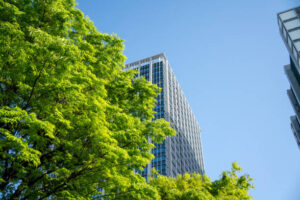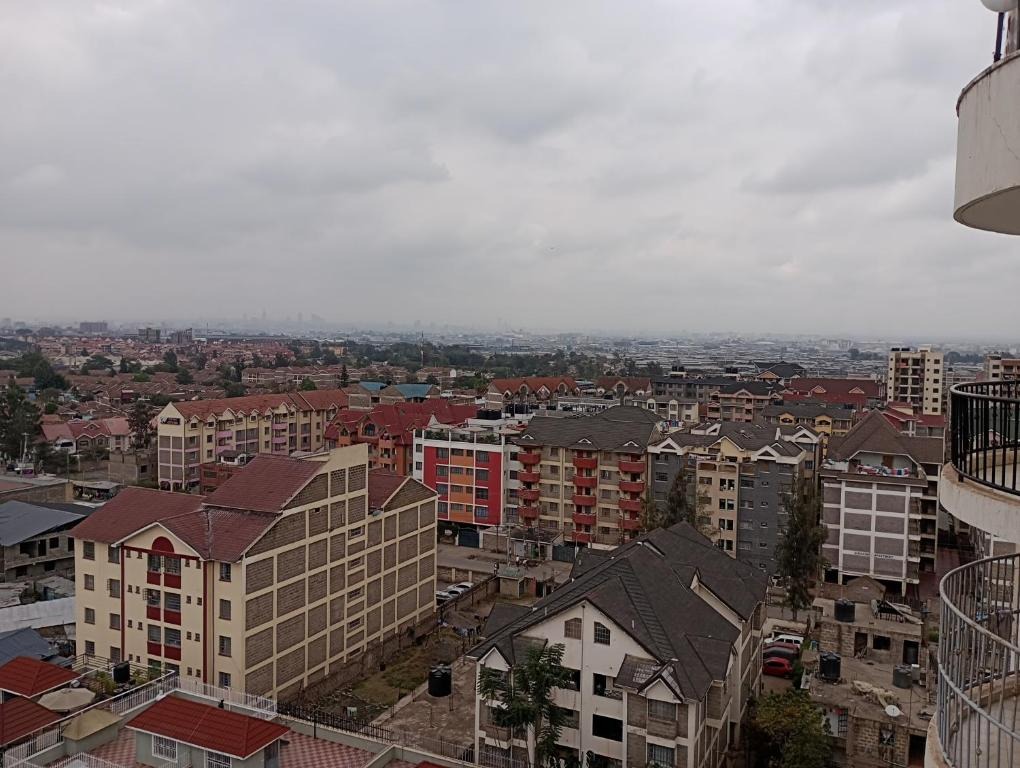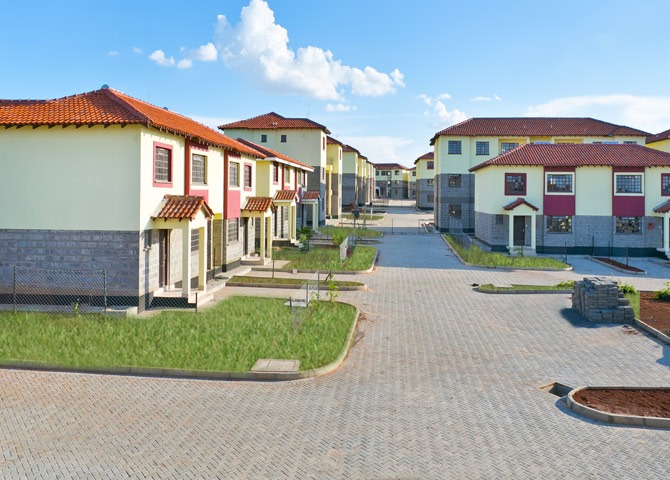In recent years, the global focus on sustainability has permeated various sectors, with the real estate market being no exception. Green building certifications have emerged as a critical component in promoting environmentally responsible construction and sustainable living. In Kenya, these certifications are becoming increasingly influential, not only in promoting eco-friendly practices but also in impacting property valuations.
The Rise of Green Building Certifications

Green building certifications, such as LEED (Leadership in Energy and Environmental Design) and EDGE (Excellence in Design for Greater Efficiencies), are designed to encourage the construction of buildings that are energy-efficient, environmentally friendly, and sustainable. These certifications assess various factors, including energy use, water efficiency, indoor environmental quality, and the use of sustainable materials.
In Kenya, the adoption of green building certifications has been gaining momentum. With growing awareness of environmental issues and the benefits of sustainable living, both developers and consumers are increasingly valuing green-certified properties. The Kenyan Green Building Society (KGBS) has been instrumental in promoting these certifications and educating stakeholders on their importance.
Economic and Environmental Benefits
The benefits of green building certifications are manifold. From an economic perspective, green buildings often have lower operating costs due to reduced energy and water consumption. This translates into significant savings for property owners and tenants. Additionally, green buildings tend to have longer lifespans and lower maintenance costs, further enhancing their economic appeal.
Environmentally, green buildings contribute to the reduction of carbon footprints and the conservation of natural resources. They promote healthier living and working environments by ensuring better indoor air quality and the use of non-toxic materials. These benefits align with global sustainability goals and Kenya’s commitment to environmental preservation.
Impact on Property Valuations
One of the most significant impacts of green building certifications is on property valuations. In Kenya, green-certified buildings are increasingly seen as premium properties. The market is beginning to recognize the added value of sustainability, which is reflected in higher property prices and rental rates for green-certified buildings.
Investors and buyers are willing to pay a premium for properties that offer long-term economic and environmental benefits. Studies have shown that green-certified buildings often achieve higher occupancy rates and attract higher-quality tenants. This, in turn, boosts the overall value of the property, making it a more attractive investment.
Market Trends and Consumer Preferences
The shift towards green buildings in Kenya is also driven by changing consumer preferences. Today’s property buyers and renters are more environmentally conscious and are actively seeking out sustainable living options. This trend is particularly noticeable among the younger demographic, who are more likely to prioritize eco-friendly features when choosing a home or office space.
Developers who incorporate green building practices and obtain certifications are thus better positioned to meet market demand. They can leverage the marketing advantage of green certifications to attract environmentally conscious consumers and differentiate their properties in a competitive market.
Government Initiatives and Support
The Kenyan government has also played a pivotal role in promoting green building practices. Initiatives such as the Green Economy Strategy and Implementation Plan (GESIP) aim to foster sustainable development across various sectors, including real estate. The government’s support for green building certifications is evident in policies that encourage energy-efficient construction and the use of renewable resources.
Additionally, incentives such as tax breaks and subsidies for green-certified projects provide further motivation for developers to embrace sustainable building practices. These government efforts not only boost the adoption of green certifications but also enhance the overall attractiveness of green properties in the market.
Challenges and Future Prospects
Despite the positive trends, the adoption of green building certifications in Kenya faces several challenges. High initial costs and a lack of awareness among some developers and consumers can hinder the widespread implementation of green building practices. Furthermore, the availability of sustainable materials and technologies can be limited, posing additional obstacles.
However, the future prospects for green building certifications in Kenya remain promising. Continued efforts by organizations like KGBS, coupled with growing environmental awareness and government support, are expected to drive the adoption of green certifications. As the market matures, the benefits of green buildings will become more evident, further boosting their impact on property valuations.
Conclusion
Green building certifications are transforming Kenya’s real estate landscape. By promoting sustainable construction practices and highlighting the economic and environmental benefits of green buildings, these certifications are significantly impacting property valuations. As consumer preferences shift towards sustainability and government support strengthens, the adoption of green building certifications is set to rise, offering long-term benefits for developers, investors, and the environment alike.
In conclusion, the integration of green building certifications into Kenya’s property market represents a crucial step towards a more sustainable and economically viable future. As the trend gains momentum, the impact on property valuations will continue to grow, reinforcing the value of green buildings in Kenya’s real estate sector.






